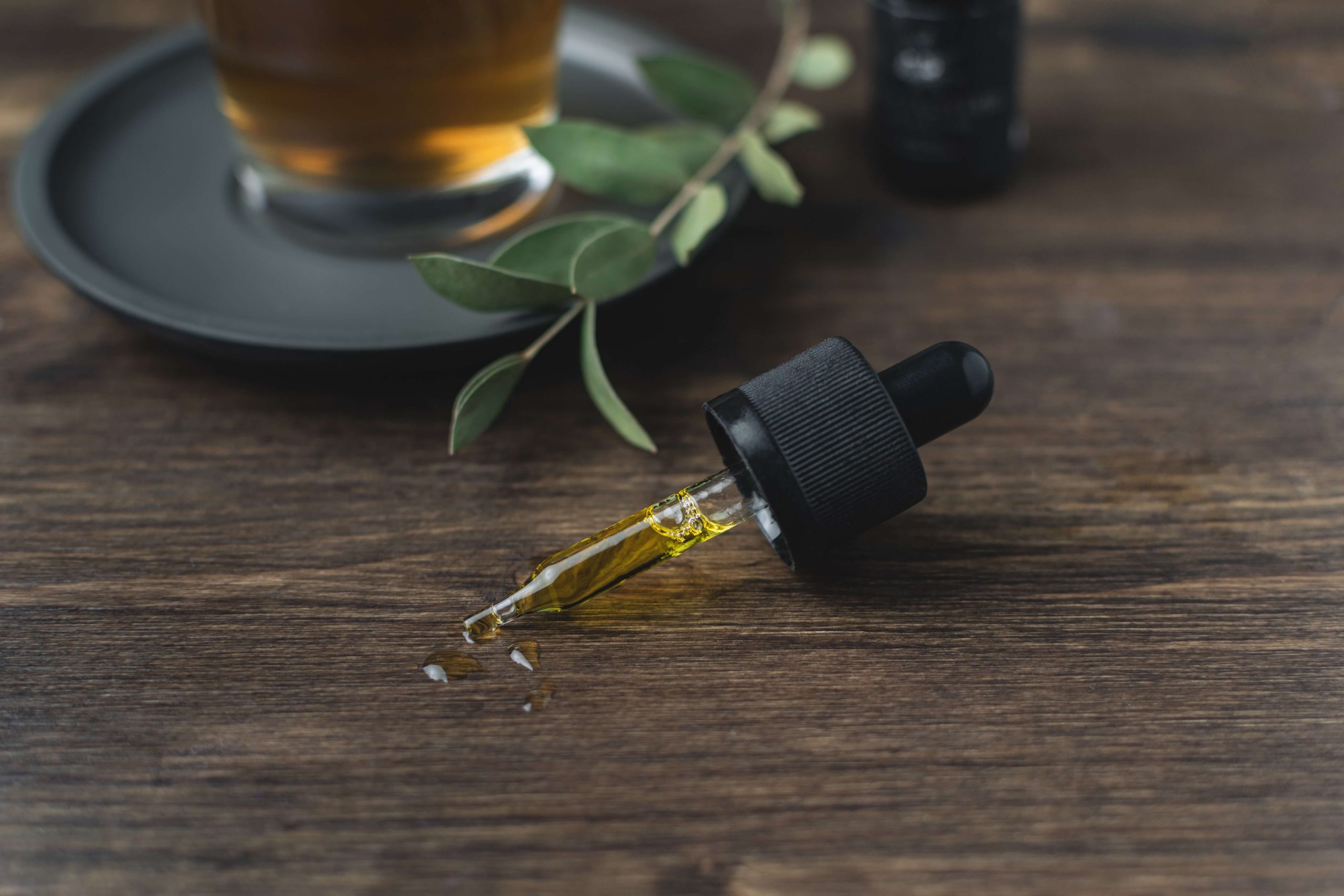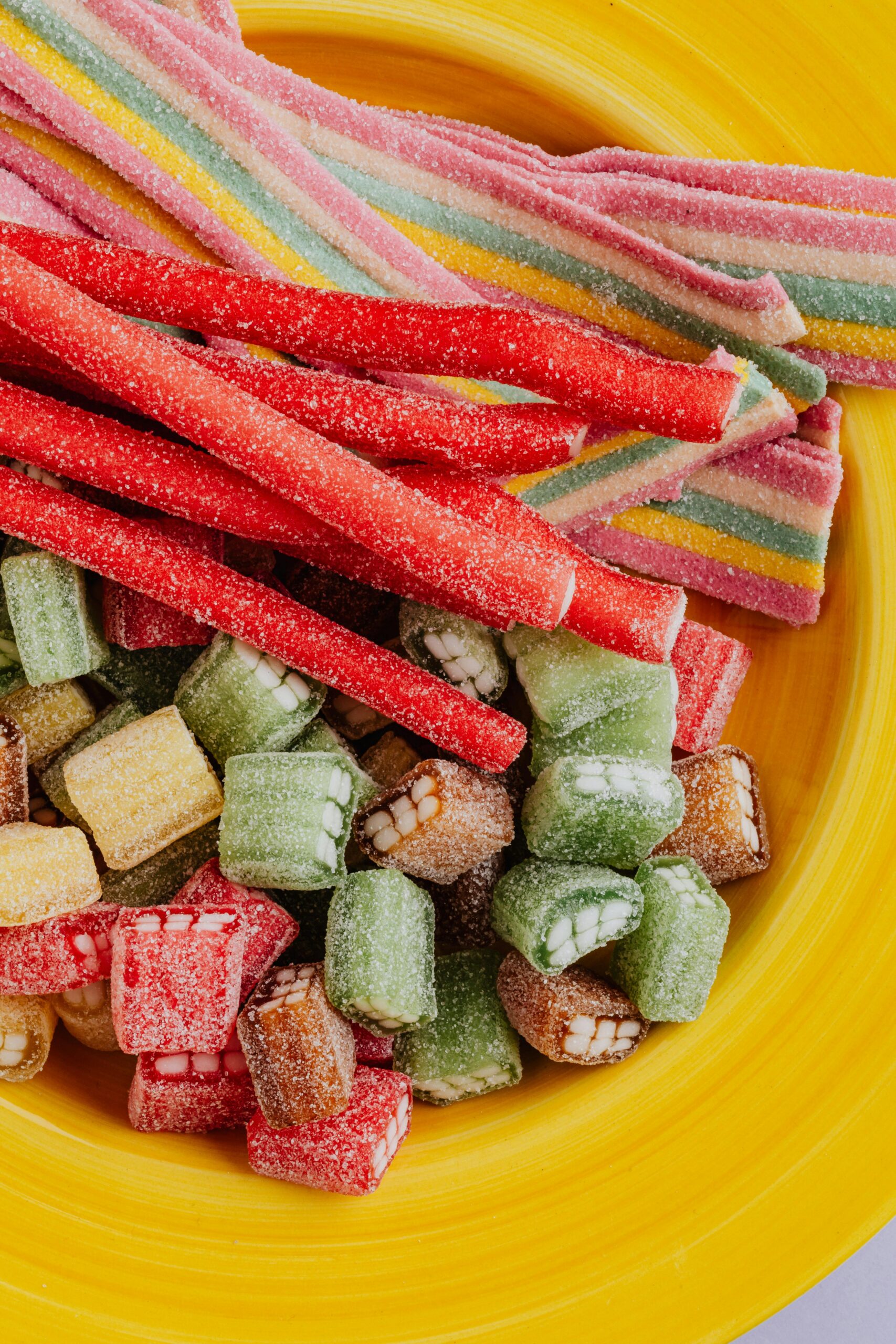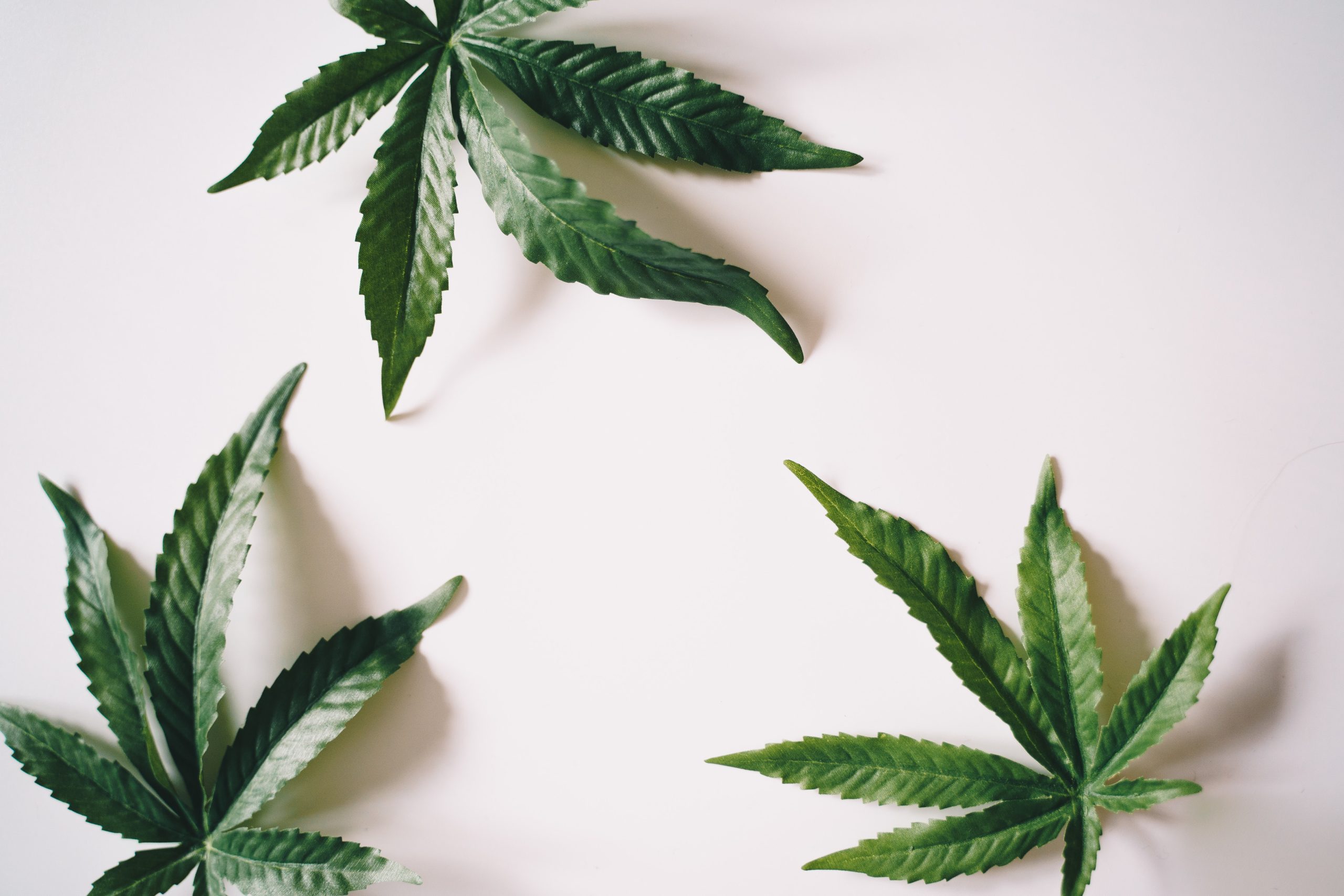Your cart is currently empty!
January 26th, 2022

Being a cannabinoid enthusiast has never been more exciting, with so many companies popping up with new and exciting hemp-based formulas, and more research going into the discoveries and analyses of “rare” cannabinoids, many of which we’ve only learned exist within the last few years.
While it’s understandable that people are getting swept up in the new discoveries of psychoactive hemp derivatives, like THC-P, THC-O and delta 8 THC, there’s another category of cannabinoids that are equally deserving of our utmost attention. These are raw cannabinoids, with an emphasis on CBDA (cannabidiolic acid) and CBG (cannabigerolic acid). CBDA and CBGA were once all but disregarded, but now, scientists are quickly accumulating fascinating information about just how valuable these overlooked compounds may be.
Cannabidiolic acid and cannabigerolic acid are unlike any other cannabinoids on the market, because they are the raw versions of CBD (cannabidiol) and CBG (cannabigerol). Before the hemp plant is decarboxylated (heated to a specific temperature), the plant’s cannabinoids are completely different in terms of chemical properties, being acidic compounds that behave differently in the body. Think about flower, and how we consume it by first heating it, most often in the form of smoking. If you were to simply pop the raw flower into your mouth (which we don’t recommend), you’d end up consuming CBDA and CBGA.
Up until recently, we largely considered raw, acidic cannabinoids to be mostly useless because the effects for which cannabinoids are mostly known only occur after decarboxylation. But, now that hemp research is better funded than ever before, we realize that we have overlooked certain properties that are unique to raw cannabinoids, and this is changing our understanding of the hemp plant entirely.
CBDA and CBGA are not intoxicating cannabinoids. They possess no psychoactive activity, which means that taking even large amounts of the compounds will not get the user high. Similarly, they do not seem to lead to a failed drug test.
We’ll start with cannabidiolic acid, since it’s the raw precursor to cannabidiol. CBDA is getting more attention lately as scientists have uncovered all kinds of exciting effects that are completely one of a kind. A few of these include:
Cannabigerolic acid, the precursor to cannabigerolic acid, has been given even less attention than CBDA until recently, thanks to an increase in hemp research. Like CBDA, CBGA offers distinctive properties that are worth exploring, such as the following:
Something that stands out about both CBDA and CBGA is that they are likely to be highly bioavailable to the body. Because they’re consumed in their raw state, unlike many other cannabinoids, they may be more efficient at absorbing into the body and offering their effects in a powerful way.
Cannabidiolic acid and cannabigerolic acid are both legal cannabinoids, as federal law permits the sales of both under the United States Farm Bill that passed in 2018. This law declared that all hemp derivatives could be sold legally throughout the United States as long as they contain no more than 0.3% delta 9 THC. Both CBDA and CBGA are permitted in all 50 states as well, as no states have banned either cannabinoid and are unlikely to do so at any point as neither is intoxicating.
Ultimately, we encourage you to seek out CBDA and CBGA from trusted online sources. These products may exist in some stores in local areas, but they are unlikely to come in the product selection you’re seeking out. And, local stores rarely specialize in hemp products, meaning that business owners don’t have enough knowledge of the hemp plant to know how to ensure that they’re only carrying top-quality products. This is especially the case with cannabidiolic acid and cannabigerolic acid, which are not as popular as CBD and delta 8 THC.
The good news is that you can find high-quality CBDA and CBGA products online, especially form the Tar Heal Pharms brand.
Overall, if you’re going to buy either CBGA or CBDA online, you gotta make sure that you’re buying it from a reputable retailer who has all of their hemp lab-tested by a third-party. This means that the brand is allowing their hemp to be analyzed by a state-authorized laboratory who is verifying its quality and purity levels. It also doesn’t hurt to look at online reviews (as long as they are real/reputable) to make sure that customers/consumers are satisfied with a product.
Both cannabidiolic acid and cannabigerolic acid have a lot to offer, and are unlike any other cannabinoids that you’ve tried thus far, being raw precursor compounds that behave in an entirely different way in the body. If you’re ready to give these cannabinoids a try, check out the CBDA and CBGA products available at Greenlife Remedies, where you can count on third-party testing, clean ingredients, and bioavailable effects. Our strict company standards ensure that our customers end up with only the finest, purest CBDA and CBGA that’s available on the market, and we’re always expanding our catalog to include new ways to experience these compounds’ wondrous properties.
Given the value that CBDA and CBGA can provide, we firmly believe that these are cannabinoids that are worth incorporating into your routine, even if you’re already taking CBD on a regular basis.




How would you like to shop?